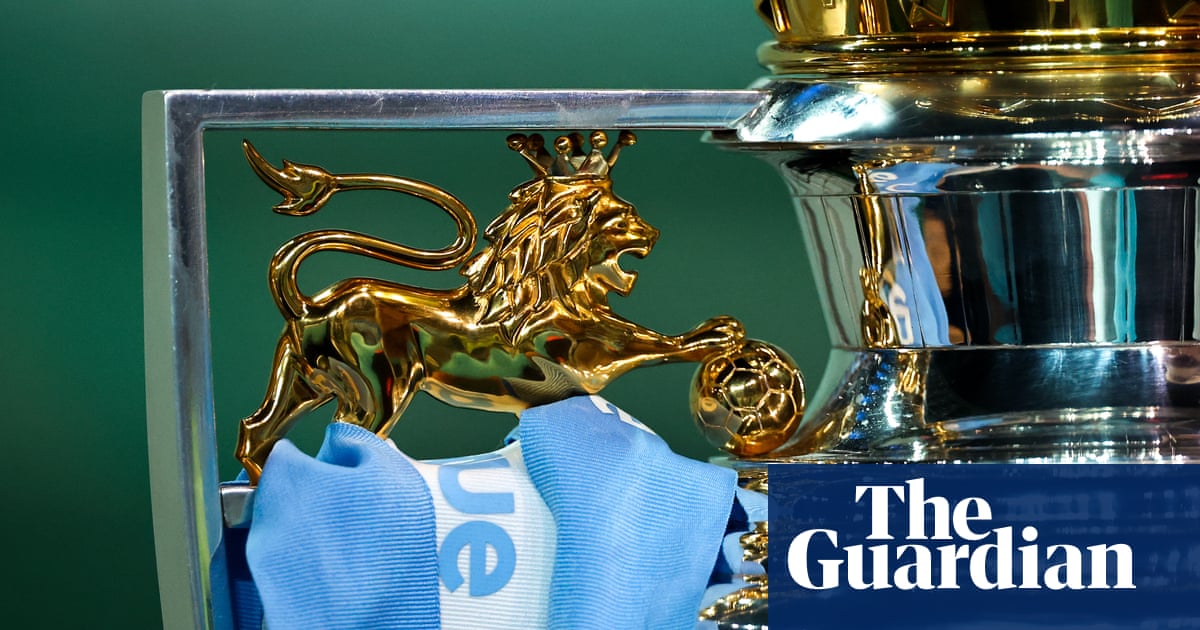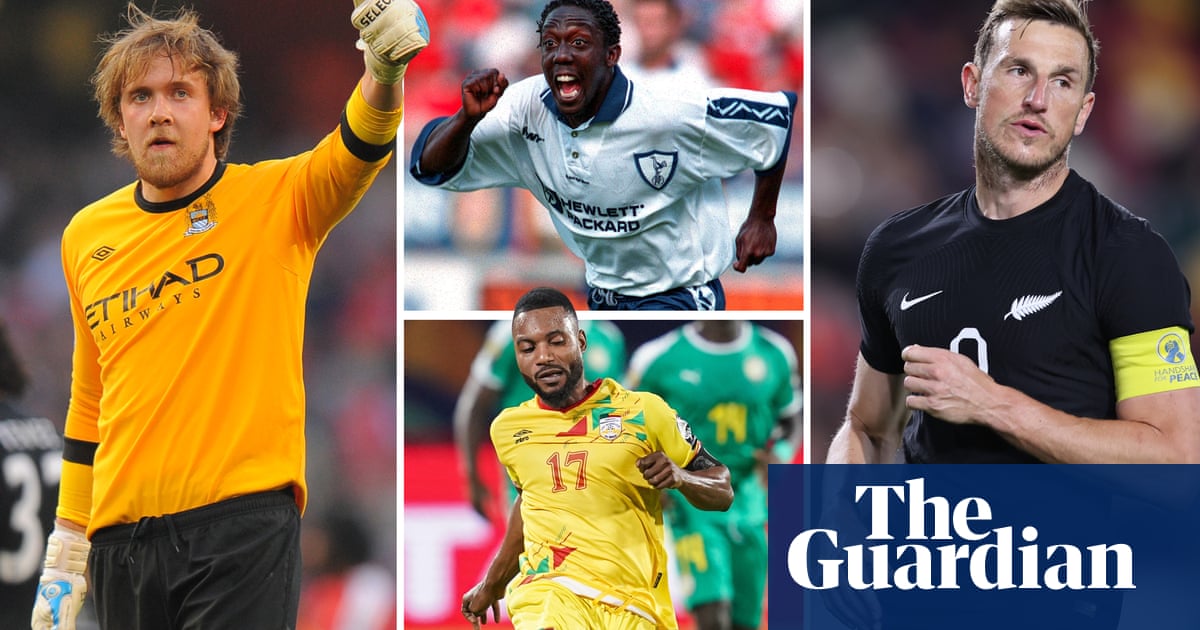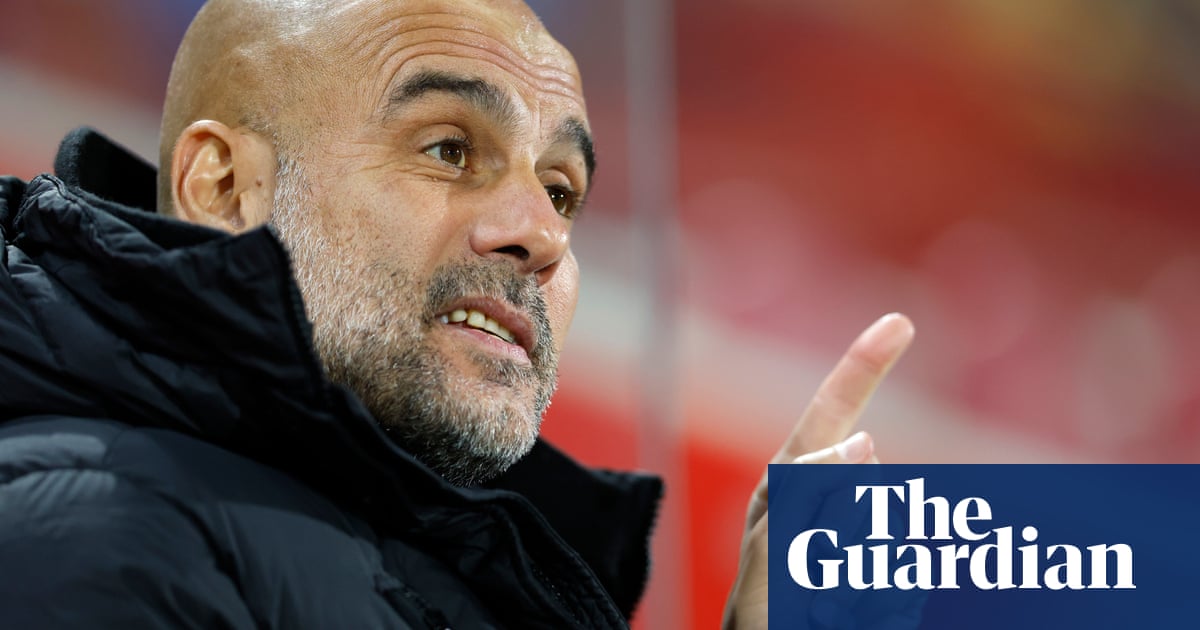
nd fade to black. There is a beautiful simplicity to the current protests in American sport. These reached a new pitch this week as teams in the NBA, WNBA, MLB and MLS, along with tennis players at the Western & Southern Open, refused to compete in protest at racially-driven social injustice – a breaking wave that has now taken in another act of violence, after the shooting of Jacob Blake by police in Kenosha, Wisconsin.
Standing down, stepping away, creating an empty space. There is a genuine resonance to these sporting boycotts. Anyone who doubts their power need only take a look at the reaction.
By Thursday afternoon Jared Kushner, the US president’s son-in-law and – by happy coincidence – senior adviser was addressing the NBA boycott on live television.
Kushner is a strikingly polished and glazed figure, combining an easy, urbane fluency with the strangely haunted facial expression of a hyper-successful 1980s Wall Street trader who is only now, in the middle of an anecdote about Venetian fine bone china, realising he’s about to be hacked to pieces with a $6,000 steak cleaver, but has decided he may as well finish making his point anyway.
Kushner was conciliatory, but also provocative. He said NBA players were lucky to be wealthy enough to “take a day off work”. He suggested the only person who can turn their virtue signalling into real social change is (it says here) Donald Trump.
Later on Trump himself dismissed the NBA as “a political organisation”. The vice-president Mike Pence’s chief of staff said protests at the shooting of Blake – seven times, in the back – were “silly”; Pence himself had suggested last year that the NBA is in league with Chinesecommunism.
From a distance America has always looked a bit like this: like a slightly unhinged television show, not quite in the same key as reality, speaking to itself in raised tones and wild, performative digressions. Silence is a powerful response to this veil of noise. Sport is only now starting to explore its possibilities.
It seems particularly apt in America, where professional sport is extrovert and nationalistic in tone, laced with pageantry and that marching band feel. American sport tends to carry a base note of triumphalism: a celebration of power, of the cloudless, Chevy-revving, white-teethed, clear-eyed, steak-fed good health of the nation.
In these arenas (some of them anyway) the word “America” draws spontaneous applause. Flags are waved. Warblingly overblown renditions of the national anthem are not just tolerated, but encouraged.
For an athlete to resist this spectacle, to stand down, is innately political. The critic Gerald Early wrote a famous essay on Muhammed Ali doing this by spurning the draft to Vietnam, in which he concludes “when he refused, I felt something greater than pride”. Those with political capital to lose can feel its power too.
Could it happen over here? Will this kind of silent protest spread to the Premier League? Will we see games scrubbed out, dates cancelled?
Nobody really knows the answer to this. But then, nobody really knows the answer to anything right now. Some will recoil at the idea of imported American behaviour modes, the tendency to assume shared consciousness, shared structures, shared experience.
But there is plenty to feel dissatisfied with here too, and plenty of change still to come, from the closed-shop nature of the structures of power, to astonishing, un-policed tides of abuse on social media.
Perhaps the most significant thing British sports people can take from the US protests is exactly who their counterparts are speaking to. Not the leagues themselves, or even central government, but their own club and franchise owners, who do have influence; who also have something to sell and something to lose; and who are in a position to lobby and pressurise and raise awareness.
America has elections in November. Results can often turn on engagement and turn out. This is an act of resistance with tangible change in mind.
So why not take a stand, Premier League players? Why not also speak directly to those in power? Imagine the impact of star players, who we know have a social conscience, taking the lead in raising concerns about oppressive regimes buying Premier League clubs, and directing these concerns at their own potential paymasters.
Closer to home, imagine the effects of Premier League players turning their shared scrutiny, NBA-style, towards the power their existing club owners wield. Manchester United players taking the knee will surely be aware the club’s director Ed Glazer has been a fundraiser for Donald Trump, who considers the Black Lives Matter movement “a symbol of hate”.
There are plenty of others on this divide. Arsenal’s owner, Stan Kroenke, donated $1m to Trump’s inaugural fund. Crystal Palace’s part-owner Josh Harris is an adviser to the Trump administration.
Similarly, what a defining moment of personal power if the players, who have been so eloquent in highlighting issues of oppression, turned this critical eye on Fifa’s own World Cup partners Qatar and the manner in which those great lighted stages they will soon occupy have been constructed.
This is not simply shouting in the dark. Sporting resistance has a noble tradition of real-life change, from helping to pick away at the seams of apartheid South Africa, to Jackie Robinson breaking the colour bar in baseball, right up to England footballers pausing the game in Bulgaria last year.
We live in febrile times where clear, simple messages can have an unexpectedly profound effect (lest we forget, the current president of the United States is a reality TV star who speaks in weirdly potent soundbites). They may be caught inside the machine, zapped with ceaseless public attention, But sports people do have agency, a platform to speak or indeed to vacate.
What the US protests tell us is the lines of influence have shifted in their favour. And that if Premier League players really do start to exercise this power it could lead into some entirely unexpected places.












